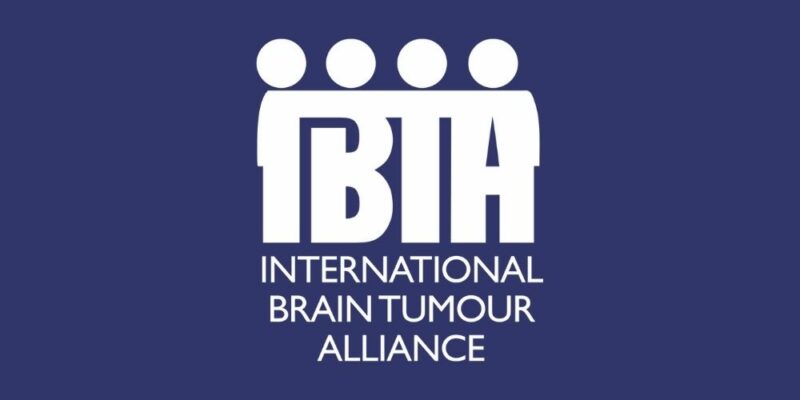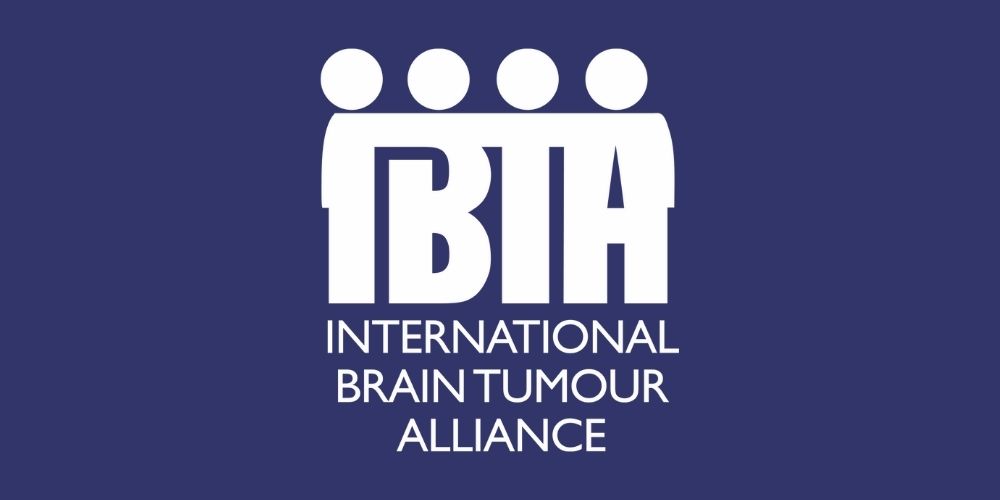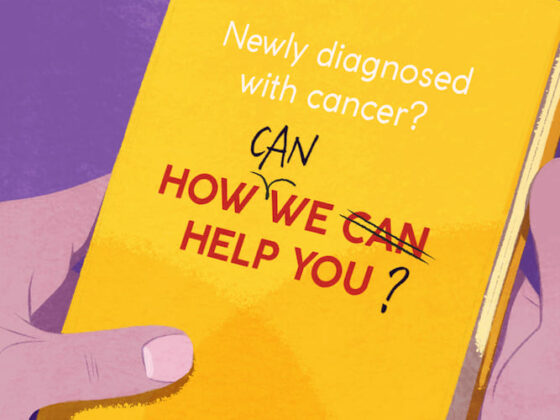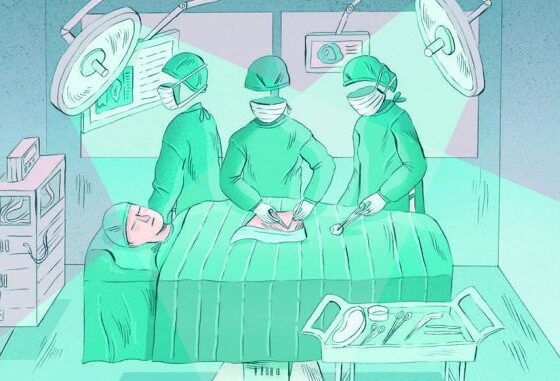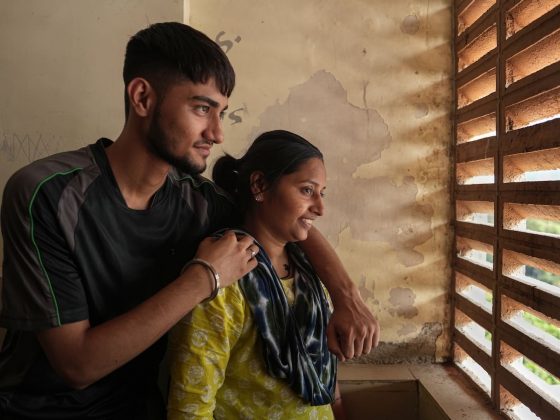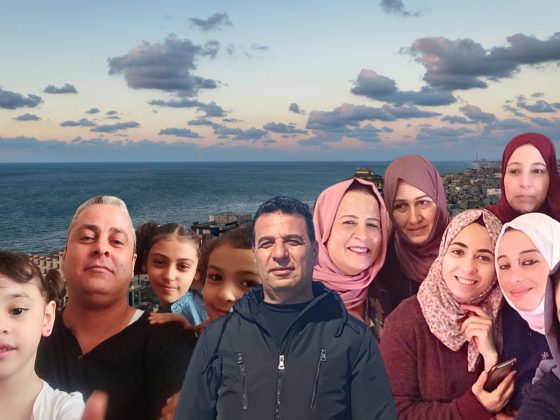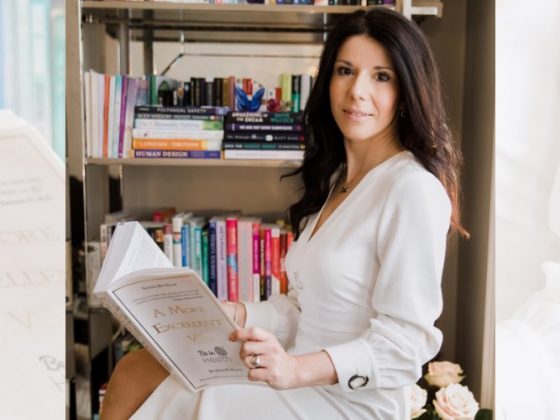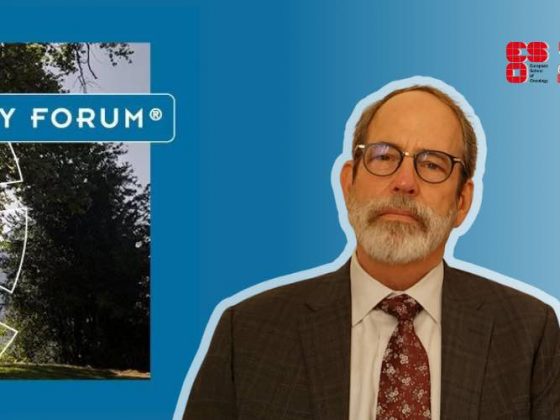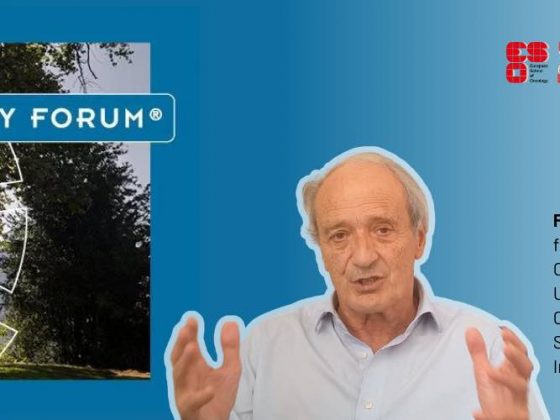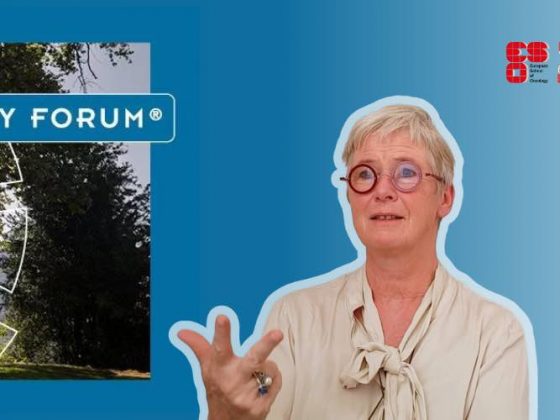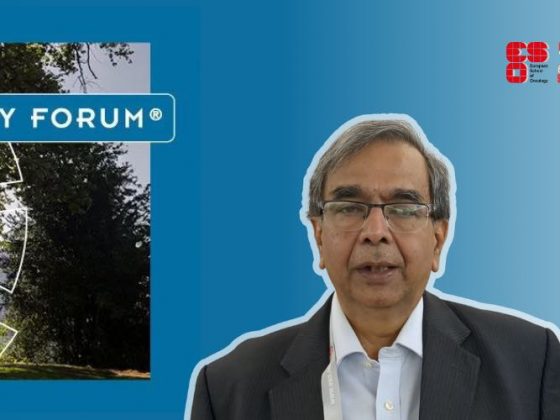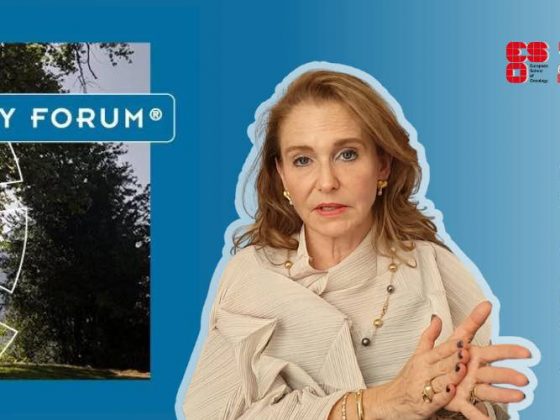As the conflict in the Ukraine enters its second week, we in the cancer community are trying to work out how best we can help patients and their families ‒ those who remain and those who have fled to neighbouring countries.
The scale of the disruption and devastation is so immense it is hard to know where to begin. We need to think how best to use our own considerable strengths and resources.
Two in particular could be crucial: we are great at networking ‒ a particular strength of the cancer patient advocacy community ‒ and over the past two years of pandemic the whole cancer community has learned a lot about making best use of telemedicine, electronic messaging platforms and virtual meetings.
Networking has always been particularly important in advocating for people with rare diseases, such as brain tumours ‒ my own area of work. At the International Brain Tumour Alliance (IBTA), we started by contacting the main professional societies we work with, to talk about what we could collectively offer, and flag up that we are ready to help.
The European Association of Neuro-Oncology, the Society for Neuro-Oncology, the Asian Society for Neuro-Oncology and the Primary Brain and Spinal Cord Tumours subgroup (‘domain’) of EURACAN, the European Reference Network for rare adult solid tumours, were all keen to join the assistance effort. Together, we have all committed to “evaluating which actions can be taken to provide remote support in relation to the care of people with brain tumours and to assist our professional colleagues in connection with the provision of that care.” We are also calling for information from those directly affected, to help understand where offers of assistance could be most effective.
The European Reference Networks may have a particular role to play, because here you have a ready-made network of excellence and expertise for rare cancers. Poland, Romania and Hungary, which are receiving the majority of refugees, are not yet represented in EURACAN’s brain tumour domain. Our brain tumour community does, however, have clinical contacts in those three countries, who will be crucial in this situation, and we are in the process of contacting them. It is hoped that people who treat rare tumours of any kind are now mobilising as well in these bordering countries, and they could be put in touch with EURACAN. So it’s about communication, opening channels, establishing contact with the right people.
The great value of the European Reference Networks in the current situation is that they are set up to deliver expert consultations virtually, across borders. In this current crisis, where speedy action is crucial, it may be that the use of web conferencing is a more practical tool than the standard digital tools already in use by the Networks. Also, our experience with telemedicine over the past two years can help. The situation in Ukraine is rapidly evolving and we need to act fast, which will probably mean using apps like Zoom, Teams, WhatsApp, and other chat groups to the best advantage, rather than necessarily trying to develop more complex systems.
The European Reference Network coordinators for all the rare disease groups are talking together about how they can help and be as proactive as possible, maybe even establishing some kind of international multidisciplinary team to deal with these crisis challenges.
Within the patient advocacy world, while each of us is working within our own disease-specific communities, we are also networking across disease groups to exchange ideas and above all information ‒ any information that could help connect patients and their families with the help they need, whether that be medical or basic necessities of food and shelter.
We are collaborating within WECAN, the Workgroup of European Cancer Patient Advocacy Networks, within the patient advocacy organisations attached to the different rare cancer groups within the EURACAN European Reference Network, with the rare diseases patient advocacy group EURORDIS, and also with the wider cancer community networked within the European Cancer Organisation, where I am a co-chair of their Patient Advisory Committee.
We are all busy collecting and sharing information with one another, and also looking for opportunities to bridge the gap between our work and the big aid agencies such as the Red Cross, the World Health Organization and Médecins Sans Frontières, who are working on the ground. They could make use of the information we have, and could point patients and families in our direction.
We in the brain tumour community know the deep distress of a brain tumour diagnosis. But the lifeline of hope comes with knowing you, or your family member, is getting the best possible care – the right treatment when they need it, regular scans to monitor the disease and response to treatment, and help with side effects such as epilepsy. We know the crucial importance of a close supportive family when you have an illness that has such an impact on who you are as an individual – your personality, your physical abilities and your cognition. Going through all of that in the midst of a catastrophic conflict and refugee crisis doesn’t bear thinking about, which is why we, as others in the cancer community, feel so strongly that we can and must do something.
I think many of us in the cancer community may be struggling to find practical ways that we can help at this early stage. I see the role of the International Brain Tumour Alliance as doing what we always do: building bridges between people and organisations, communicating and networking. The conflict in Ukraine is complex and will be a lasting challenge. We will all need to be flexible and refine what we do as we go along. And we are very privileged to be working with so many other dedicated people in the cancer community, all doing our bit to find pragmatic solutions that make a difference to cancer patients and their families caught up in this heartbreaking crisis.

